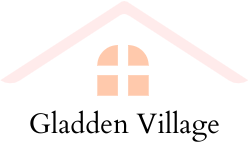
Here you may learn about the science and literature behind (and about!) mental health & heritage.
Feel free to browse our book and poem recommendations as well as the news/reports section, which includes reports and articles on this fascinating world.
For more information on Gladden Library & Reading Room feel free to contact Paula at:
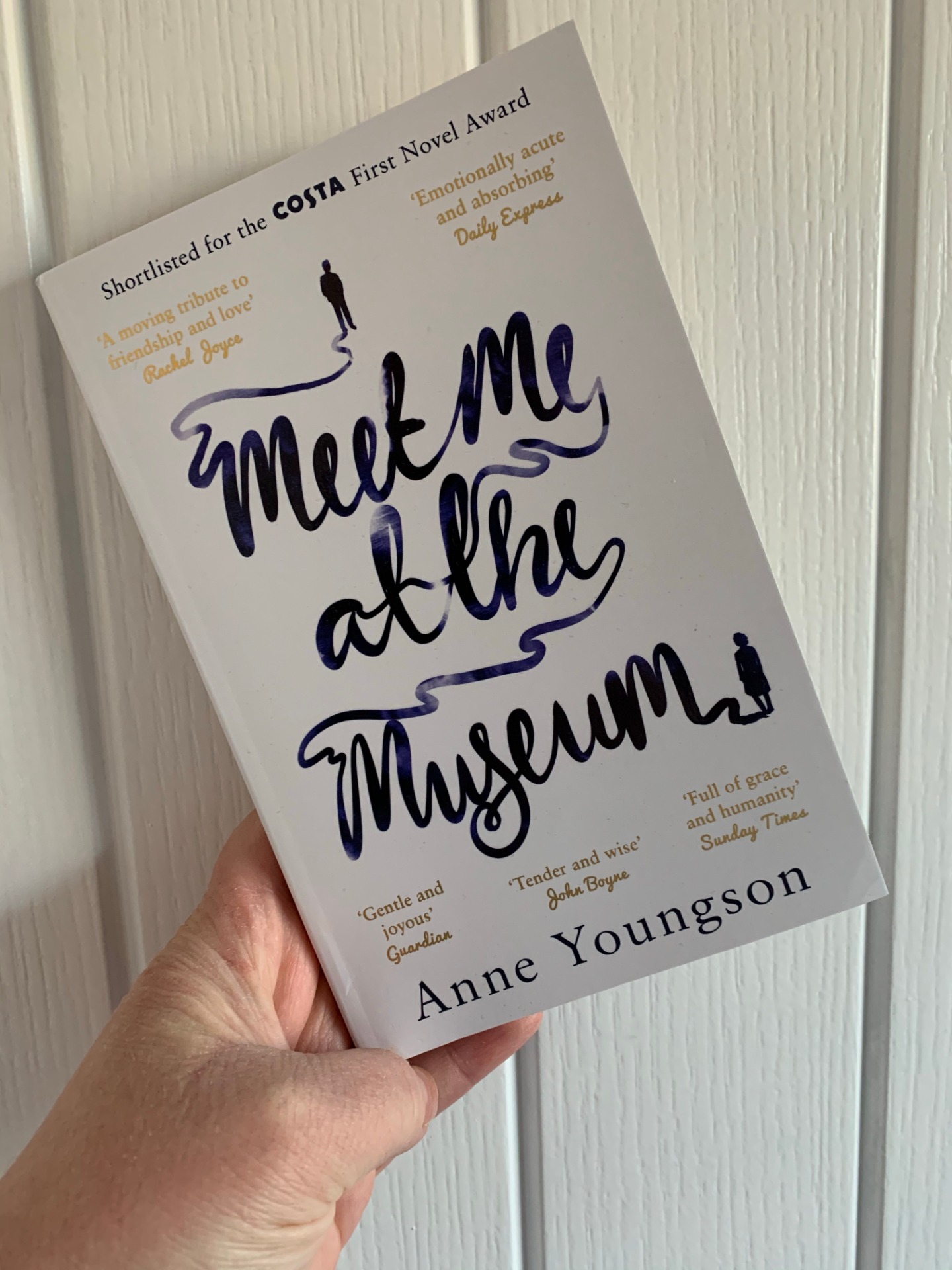
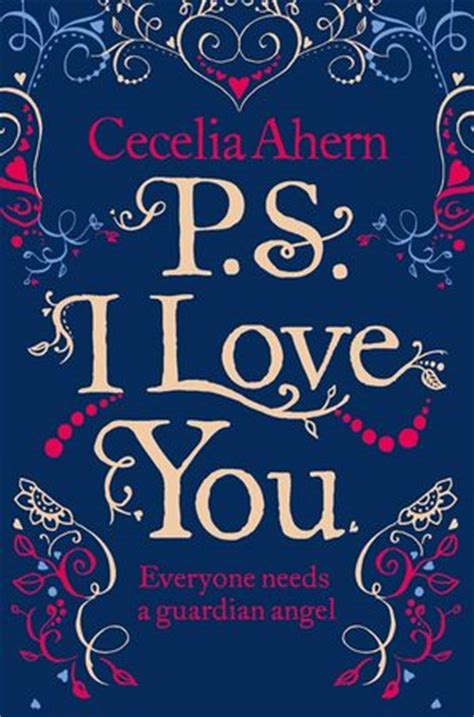

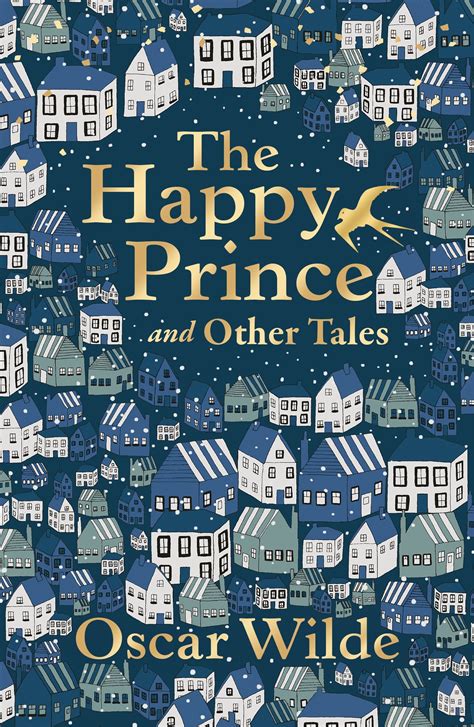
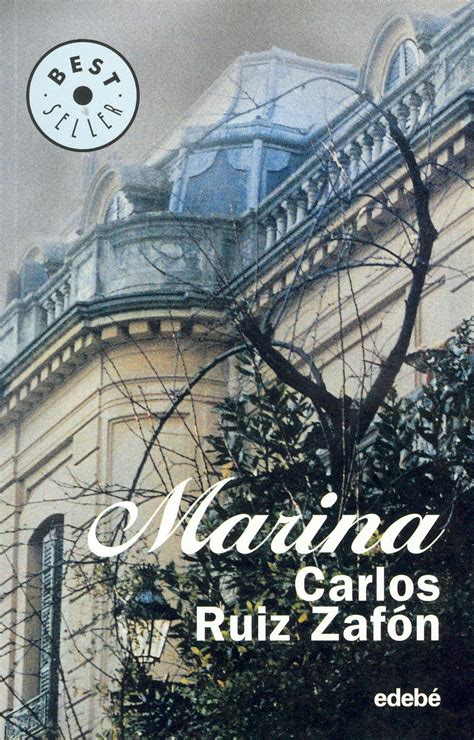
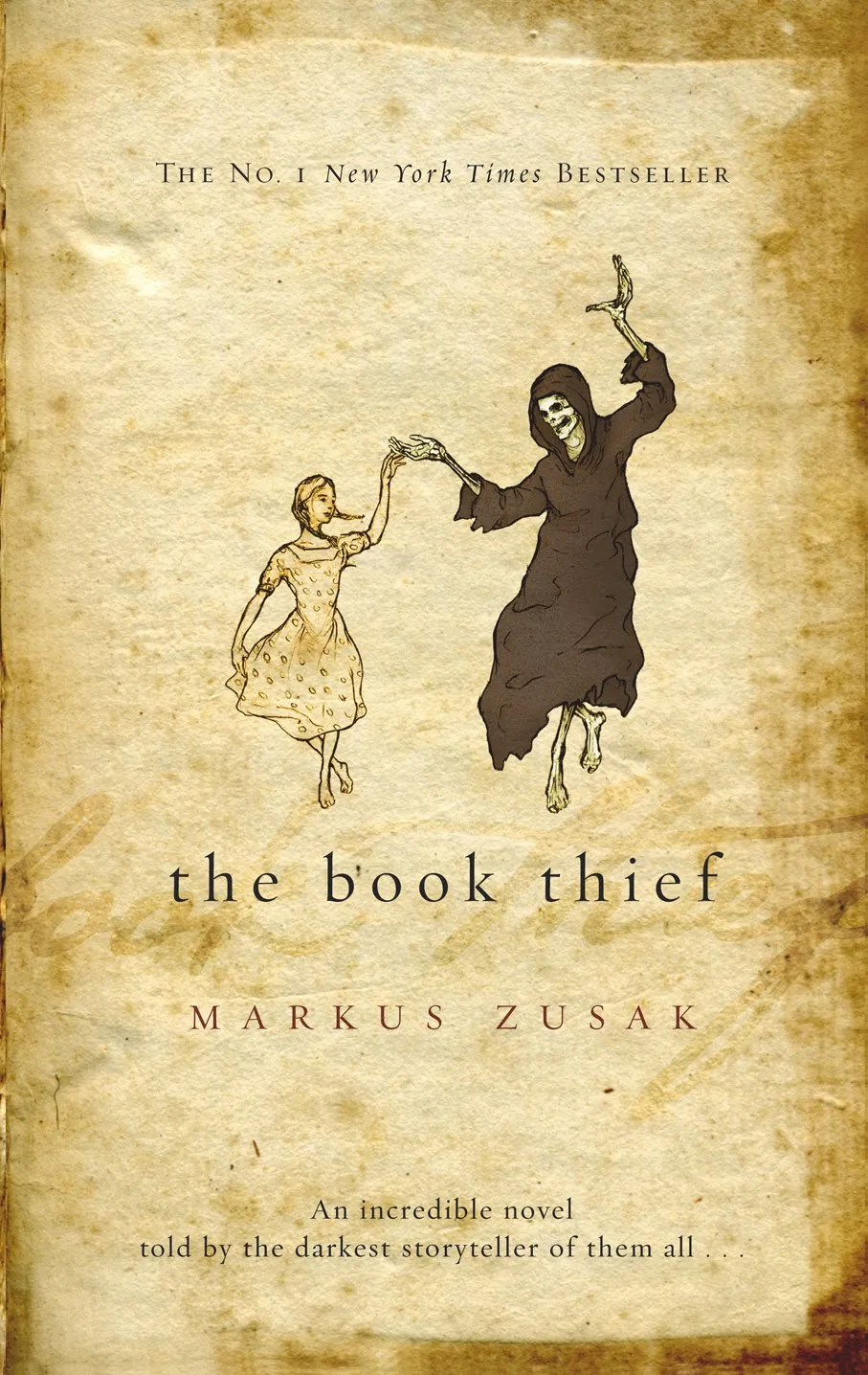
Nature’s first green is gold,
Her hardest hue to hold.
Her early leaf’s a flower;
But only so an hour.
Then leaf subsides to leaf.
So Eden sank to grief,
So dawn goes down to day.
Nothing gold can stay.
I'm Nobody! Who are you?
Are you - Nobody - too?
Then there's a pair of us!
Dont tell! they'd banish us - you know!
How dreary - to be - Somebody!
How public - like a Frog -
To tell your name - the livelong June -
To an admiring Bog!
Hold fast to dreams
For if dreams die
Life is a broken-winged bird
That cannot fly.
Hold fast to dreams
For when dreams go
Life is a barren field
Frozen with snow.
“When we listen, we hear someone into existence.” ―
Laurie Buchanan, PhD and writer
“Heritage is all these places that make me who I am. It is like a book that we all write in, a story that has no end but many layers of meaning.”
― Desi Gradinarova, PhD and Senior Policy Adviser at Historic England
“Every man has his secret sorrows which the world knows not; and oftentimes we call a man cold when he is only sad.”― Henry Wadsworth Longfellow, poet
"Poetry, plays, novels, music, they are the cry of the human spirit trying to understand itself and make sense of our world." ―
Laura Malone Elliott, author
“The secret, Alice, is to surround yourself with people who make your heart smile. It’s then, only then, that you’ll find Wonderland”
― Lewis Carroll, writer
“Suffering is part and parcel of extensive intelligence and a feeling heart.”
― Fyodor Dostoyevsky, writer
"Let everything happen to you: beauty and terror. Just keep going. No feeling is final.”― Rainer Maria Rilke, poet and novelist
“Let July be July. Let August be August. And let yourself just be even in the uncertainty. You don’t have to fix everything. You don’t have to solve everything. And you can still find peace and grow in the wild of changing things”
― Morgan Harper Nichols, poet
“You're only here for a short visit. Don't hurry. Don't worry. And be sure to smell the flowers along the way.”
― Walter Hagen, professional golfer
“Life is unpredictable. It changes with the seasons. Even your coldest winter happens for the best of reasons. And although it feels eternal, like all you'll ever do is freeze, I promise Spring is coming and, with it, brand new leaves.”
― Ernest Hemingway, novelist
“There is a sacredness in tears. They are not the mark of weakness, but of power. They speak more eloquently than ten thousand tongues. They are the messengers of overwhelming grief, of deep contrition, and of unspeakable love.”
― Washington Irving, writer and historian
“The world breaks everyone, and afterward, some are strong at the broken places.”
― Ernest Hemingway, novelist
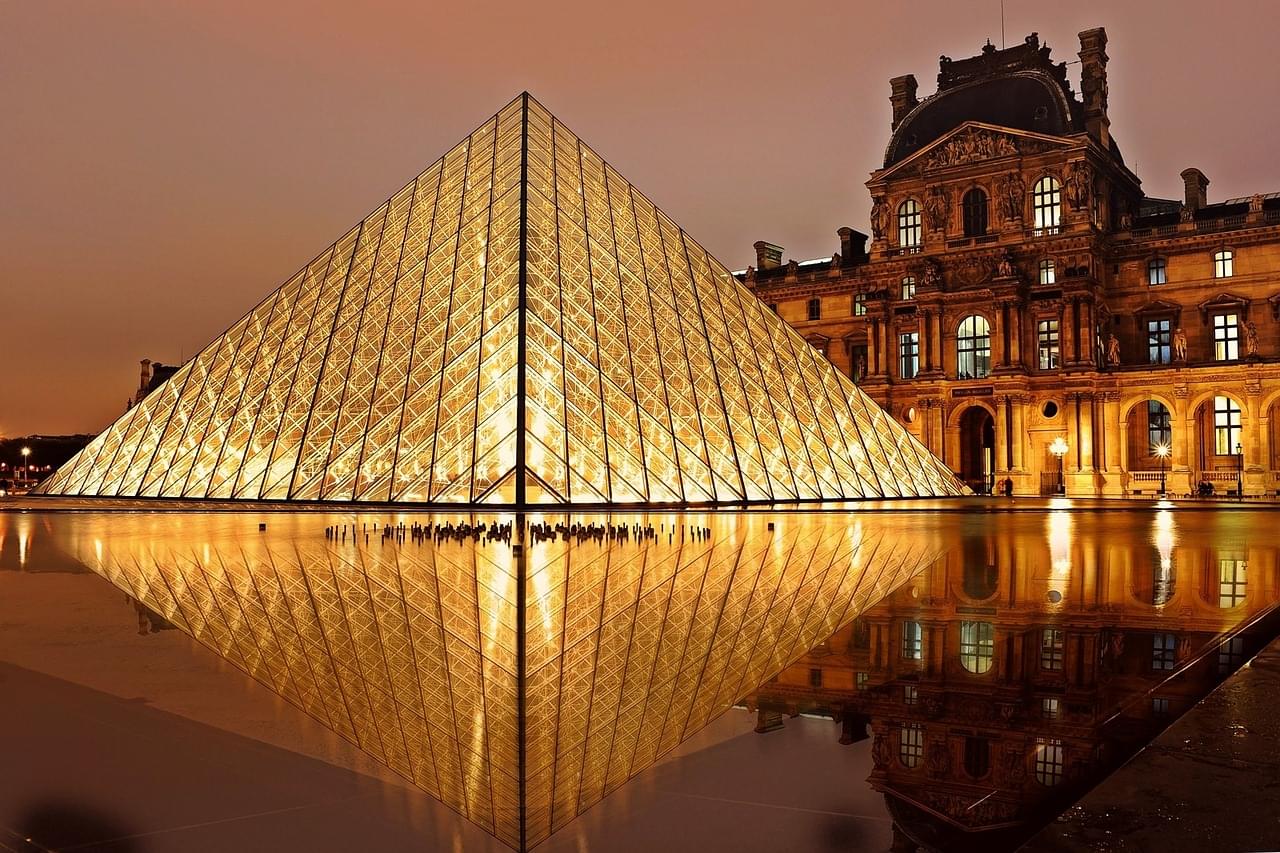
The Museums, Health and Social Care Resource suggests heritage activities and identifies how these activities could specifically support quality of life, health and wellbeing in older people.
learn more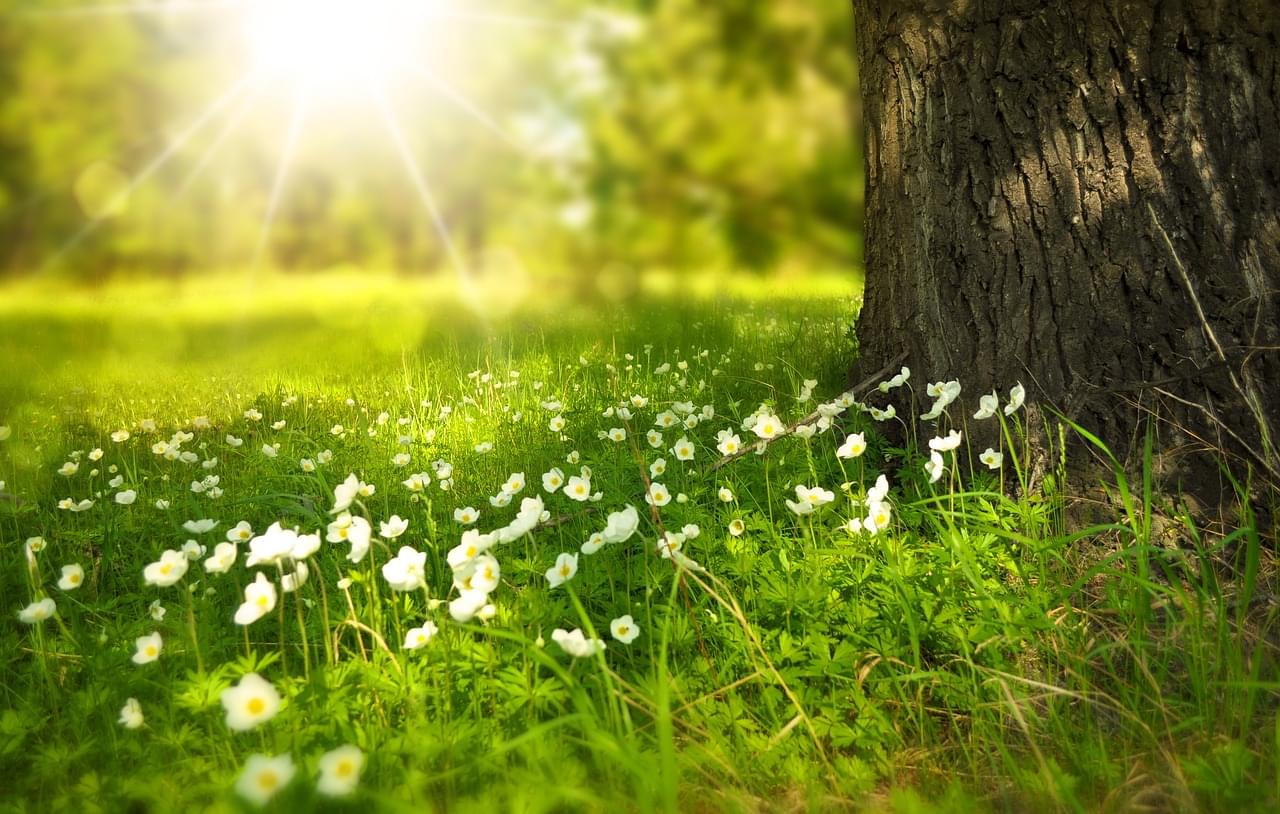
Nature Mental Health is a monthly online-only journal publishing original, peer-reviewed research from the breadth of sciences exploring mental health and mental health disorders.
learn more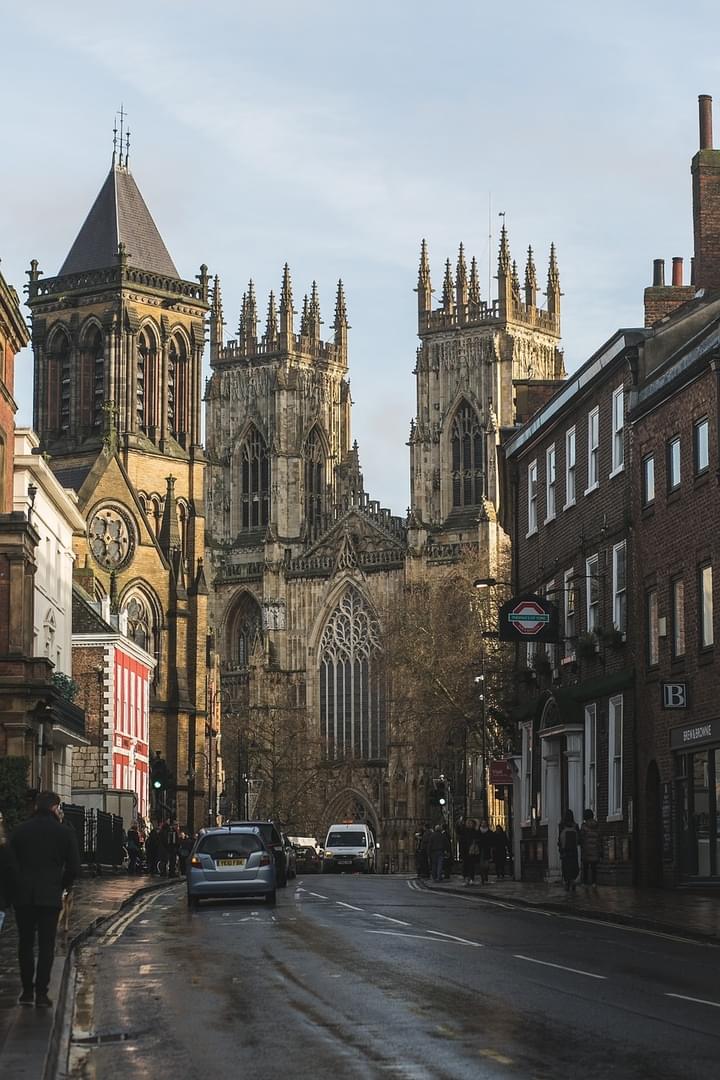
Heritage is inextricably linked to mental health and well-being, often generating positive emotions and a sense of connection, but also capable of triggering distress, trauma and negative memories.
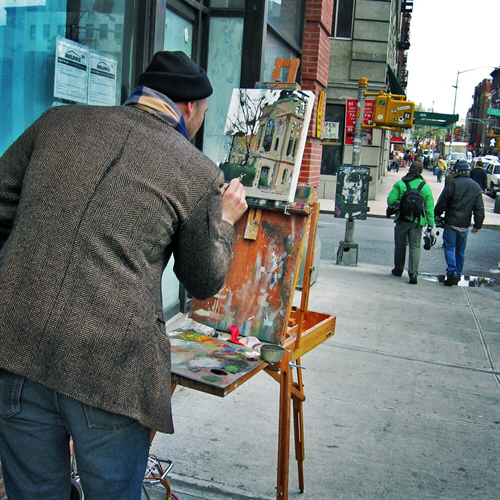
The report summarises our work using cohort study data to explore the impact of the arts on population health

A UKRI MARCH Network Plus funded project, carried out between November 2020 and May 2021, in partnership with Historic England, saw an expert panel develop best practice guidelines for organisations offering heritage projects as interventions for people who live with mental health issues.
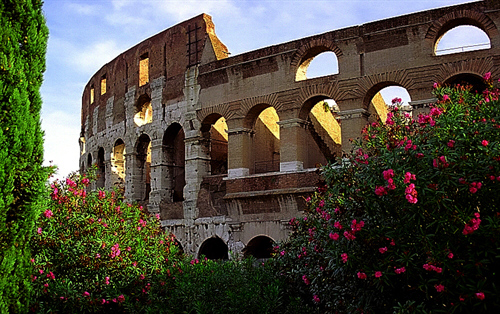
This report commissioned by the Baring Foundation and produced by the Restoration Trust showcases work from 18 heritage and arts organisations using a wealth of heritage assets, and the creativity of artists, to improve mental health and community connections.
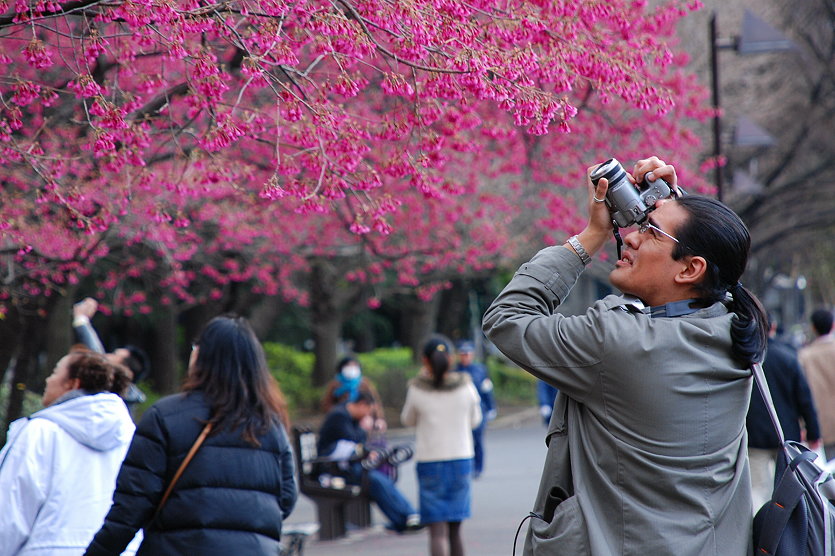
The National Academy for Social Prescribing (NASP) has published an evidence note briefly looking at the link between mental health and social prescribing.
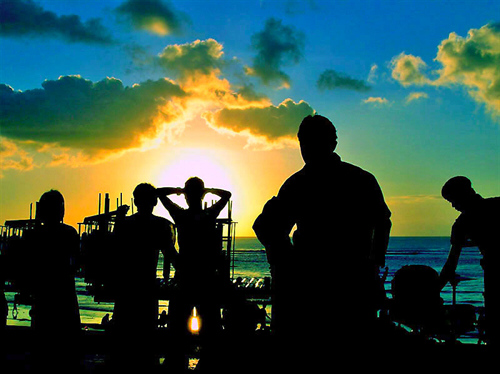
This paper presents a first, comprehensive realist review of wellbeing benefits and pathways through which those emerge. Benefits related to exposure to or engagement with historic places are discussed, attempting a classification of academic papers and empirical published studies, according to various types of place experiences (range from experiencing to living in a historic environment).
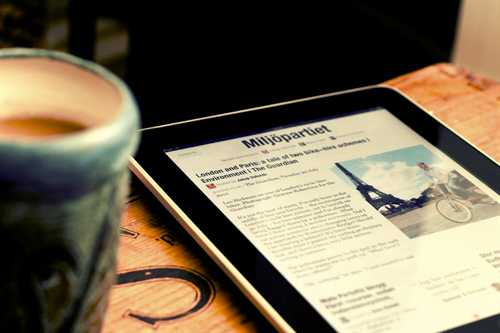
The global “COVID-19” pandemic resulted in national lockdowns and the closure of museums to visitors. The pandemic had considerable negative impact on individual, community, and society wellbeing and changed museum practice, specifically through increased online presence. This pilot research sought to start to understand the impact online museum provisions had on individual wellbeing during the pandemic.
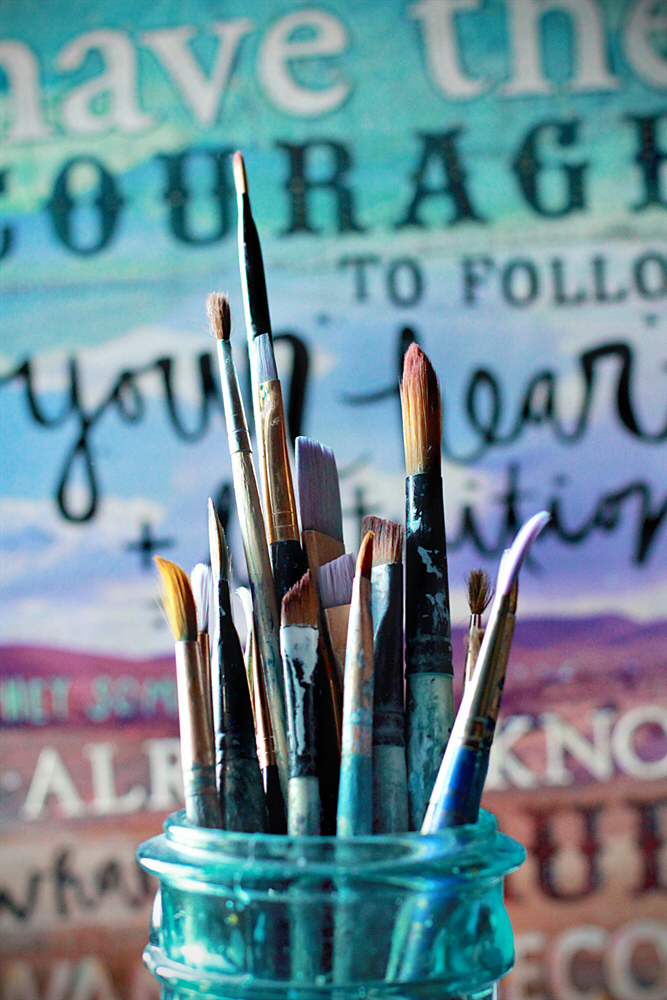
This paper describes a collaborative research partnership between museum educators and art therapists. Twenty-two visitors at the US Holocaust Memorial Museum were randomly assigned to either a control group or an experimental group based on an art therapy informed protocol. Those in the experimental group created art based on their emotional response to the exhibition contents, engaged in reflective writing and participated in a discussion group.
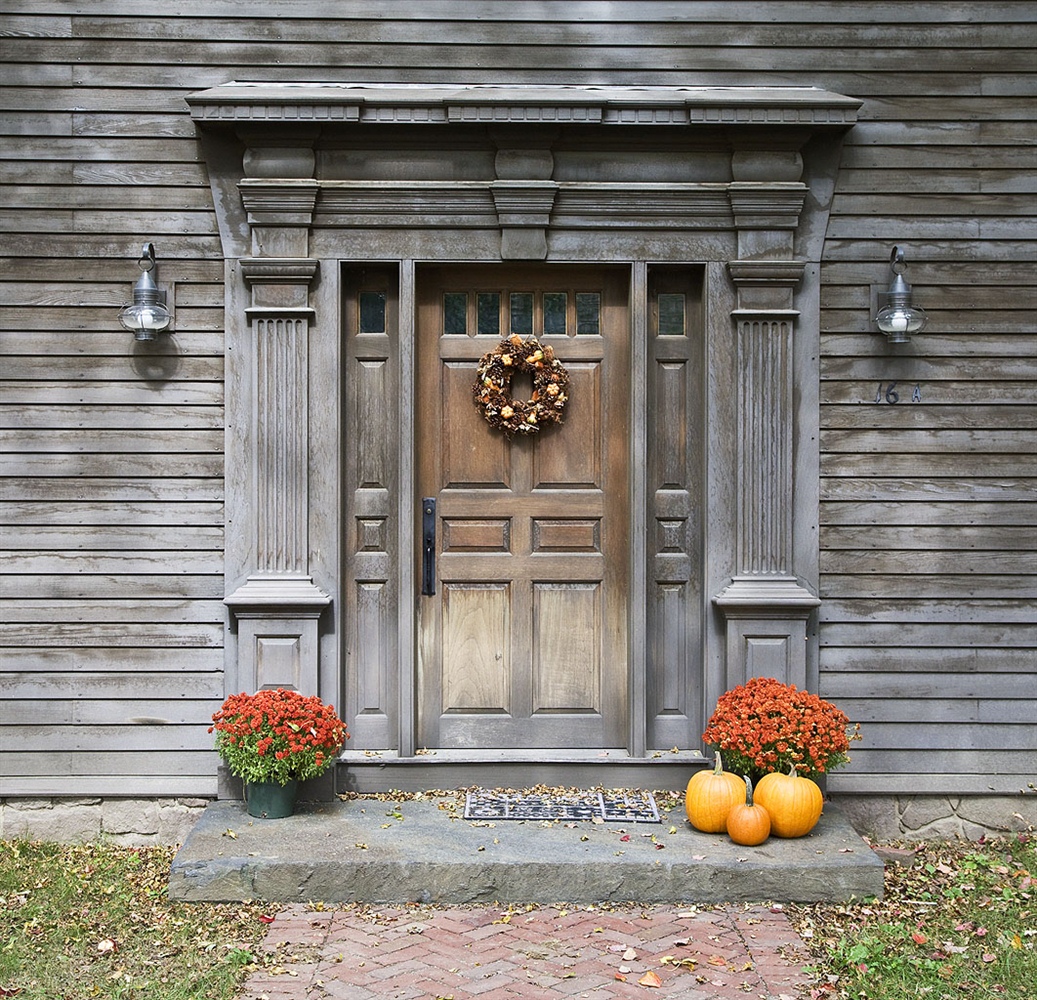
The empty former cottage hospital of Winsford is a building like no other in the world. The result of a philanthropic dream shared by a rich widow and a leading Victorian architect, in the 119 years since the ailing people of north Devon were first welcomed under its slate roof, the place has aided many a recovery, including shell-shocked soldiers seeking sanctuary from first world war trenches.
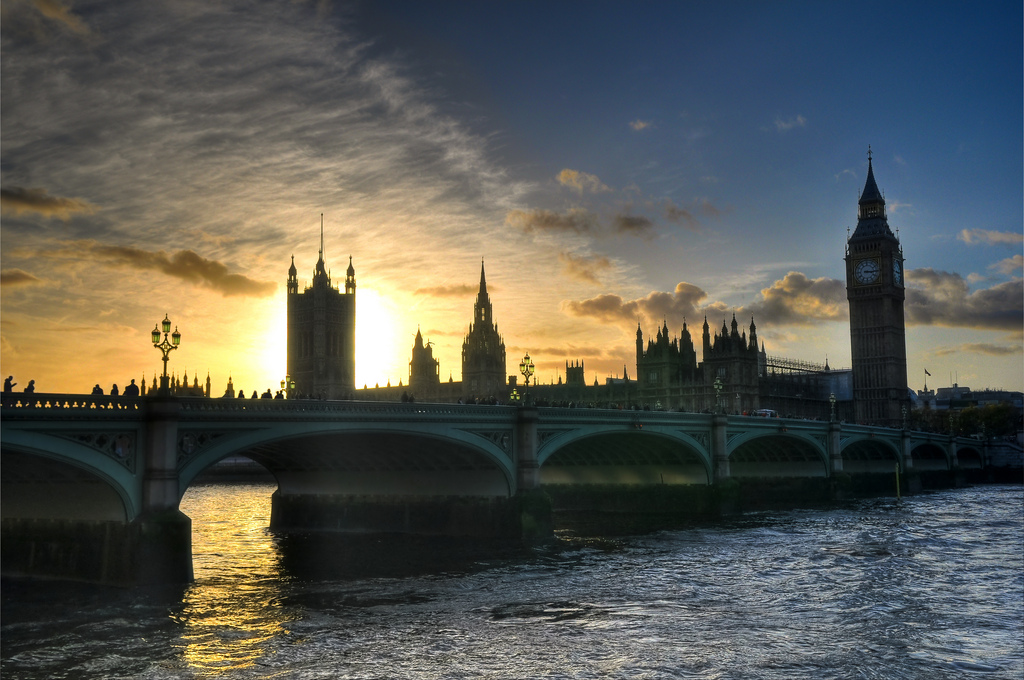
This article reports a cross-disciplinary literature review focused to identify if and how history and heritage have been linked with public health.
Widely varied opinions suggest history, heritage, and historic places are valuable assets for improving the human condition.
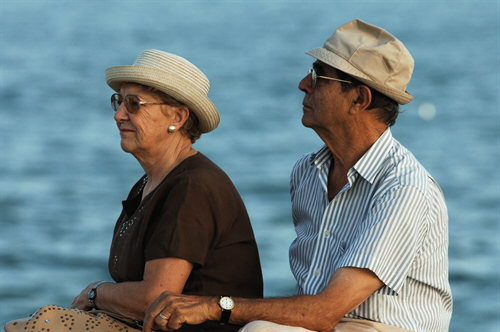
The Australian Government Intergenerational Report 2023 projects that the population of Australia will age over the next 40 years. Rather than viewing this as a problem, we should recognise this as a time of unprecedented opportunity to tap into a vast human reservoir of wisdom, experience, and optimism.
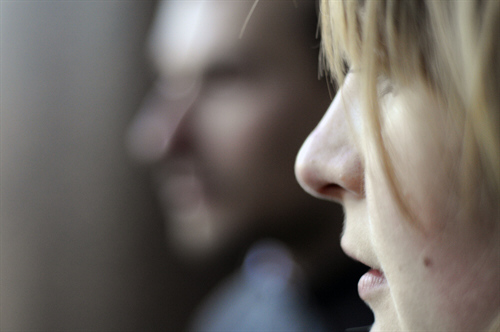
Activities, social networks, and technology use helped mitigate the health effects of social isolation during COVID-19
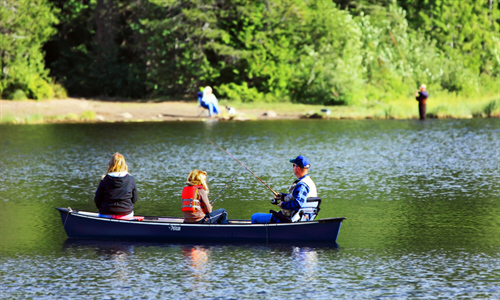
We estimate the direct causal effect of loneliness on a variety of health outcomes using a sample of second-generation immigrants among older adults drawn from the Survey of Health, Ageing and Retirement in Europe. In an effort to account for the endogeneity of self-declared loneliness, we explore the link between loneliness and a specific trait of maternal cultural background strongly associated with quality of relations and use the latter as an instrument for loneliness
